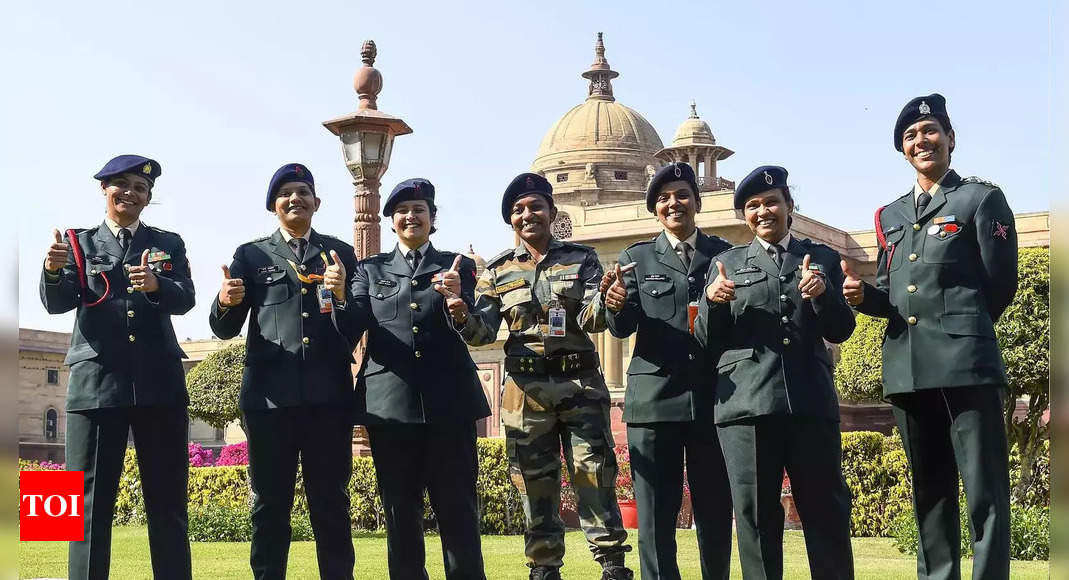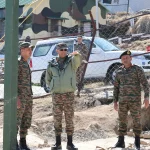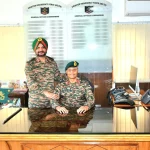In a recent revelation that has stirred significant controversy within the Indian Army, a senior officer’s demi-official letter shedding light on the performance of women commanding officers has come under scrutiny. The letter, addressed to a superior officer, detailed findings from an internal study conducted under the command of the general officer. While the topic of women in leadership roles has gained traction in various sectors globally, the contents of this letter suggest that some factions within the military may still hold outdated views on gender and command.
According to the letter, which has since attracted widespread media attention, the general outlined his assessment of eight women commanding officers, claiming that they exhibited a range of deficiencies in interpersonal relations and leadership qualities. His comments included allegations that these officers suffered from a lack of tact, showed an exaggerated tendency to complain, and had an overbearing need to assert their authority. The letter characterized the women as possessing a “misplaced sense of entitlement” alongside an “overgrown ego,” noting, rather critically, that they lacked essential qualities such as empathy and compassion.
The general’s choice of language has sparked discussions about gender biases still prevalent in military organizations, with many emphasizing that such assessments are not only unfair but also detrimental to the progress of women in the armed forces. Critics argue that the letter reflects a mentality that fails to recognize the capabilities and contributions of women in command roles and instead perpetuates stereotypes that undermine their professional integrity.
Furthermore, the author’s use of phrases such as “over-ensuring a mean façade” raises eyebrows, suggesting a patronizing view towards these officers and their command styles. This language is juxtaposed against the backdrop of modern organizational behavior theories, which advocate for a more inclusive leadership approach that values diverse styles and recognizes the challenges faced by women in predominantly male environments.
The backlash has been swift, with advocates for gender equality in the military calling for an examination of the systematic biases that might influence such assessments. They argue that rather than conducting studies that attribute failures to gender-based traits, the focus should shift toward fostering an environment that supports all officers in developing their leadership skills, irrespective of gender.
As the Indian Army looks ahead, the discourse generated by the letter serves as a reminder of the ongoing challenges related to gender equality within military ranks. The focus now is on how leadership can evolve to better embrace diversity and the unique strengths that women bring to military operations, rather than confining them to outdated stereotypes that limit their advancement and effectiveness. This pivotal moment may serve as a catalyst for broader discussions on how to cultivate inclusive leadership practices that recognize and elevate all officers’ contributions, regardless of their gender.













